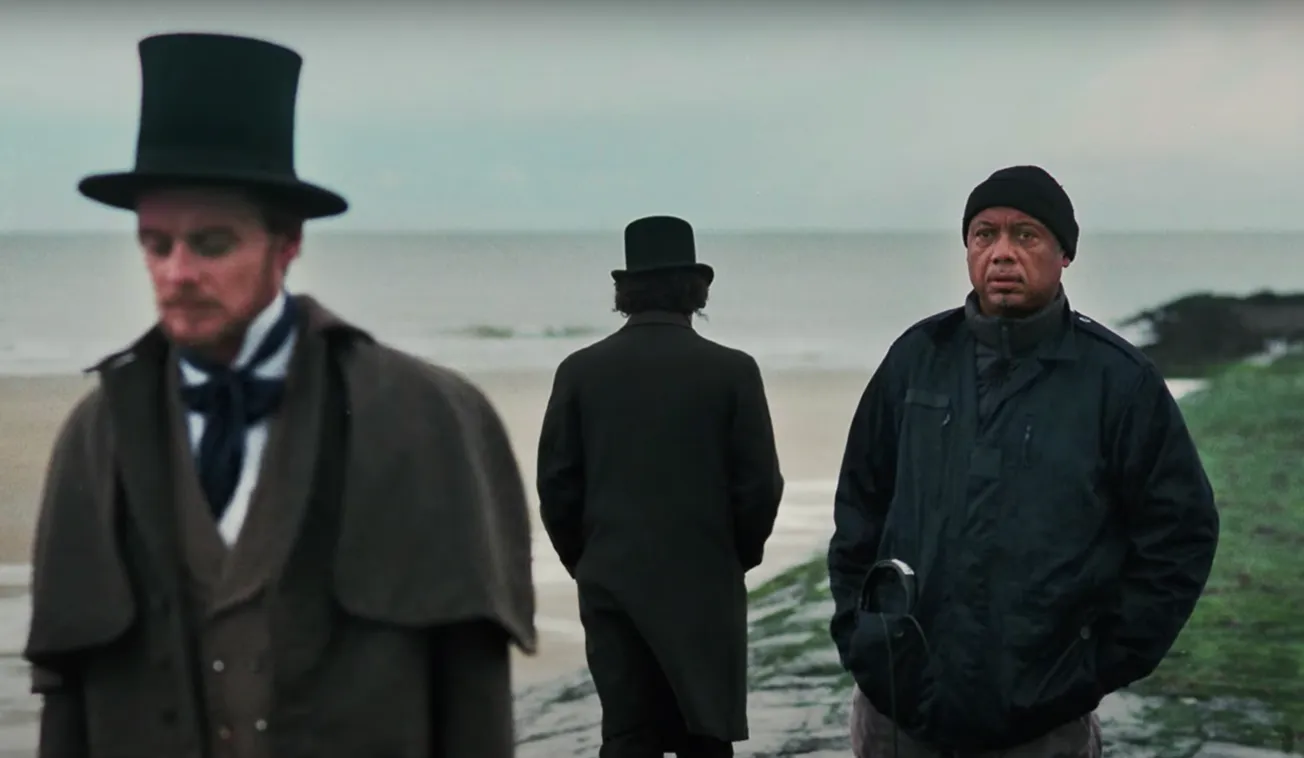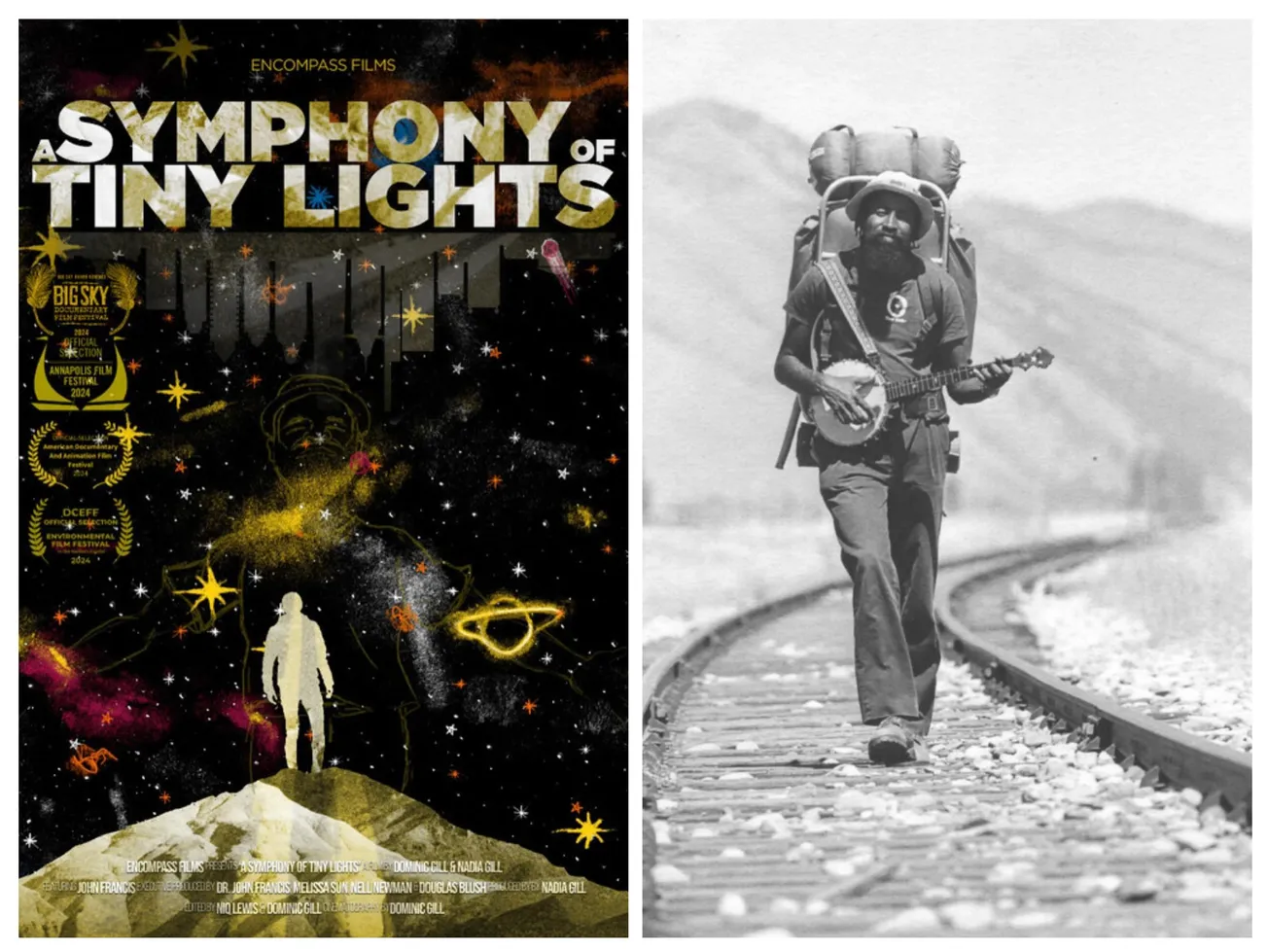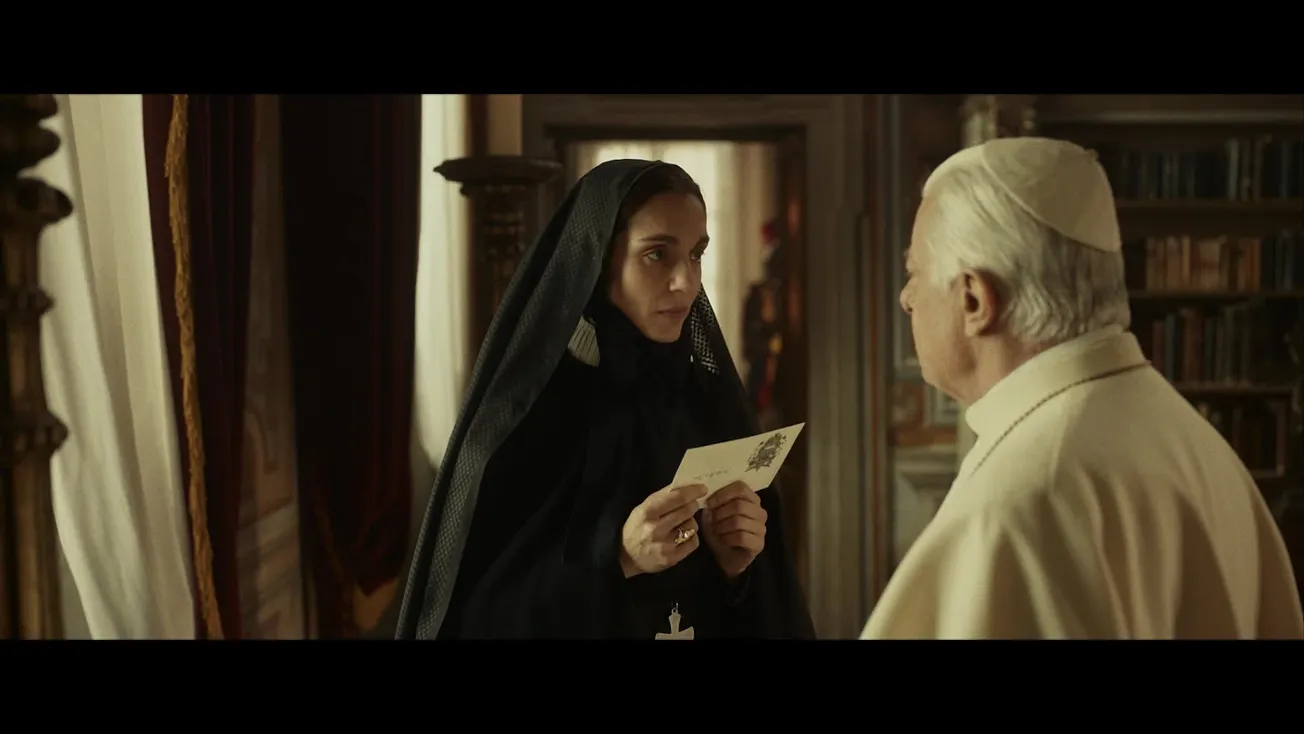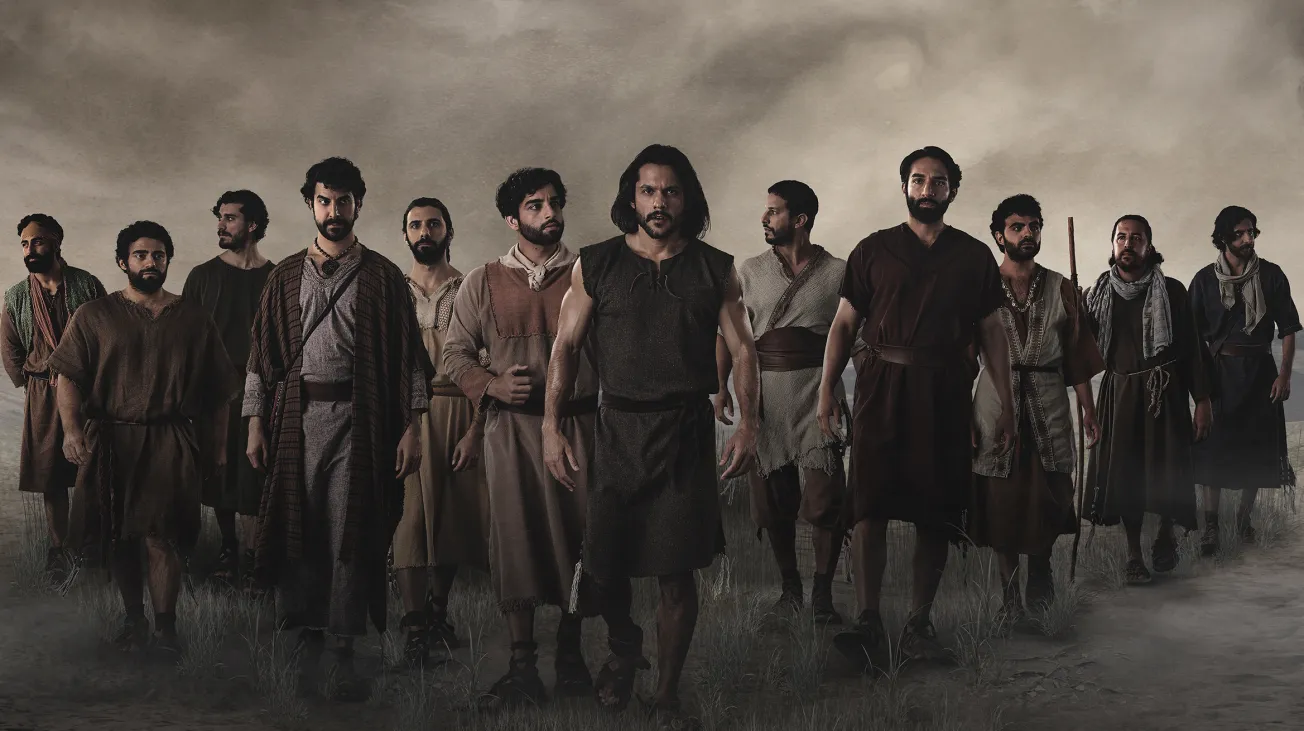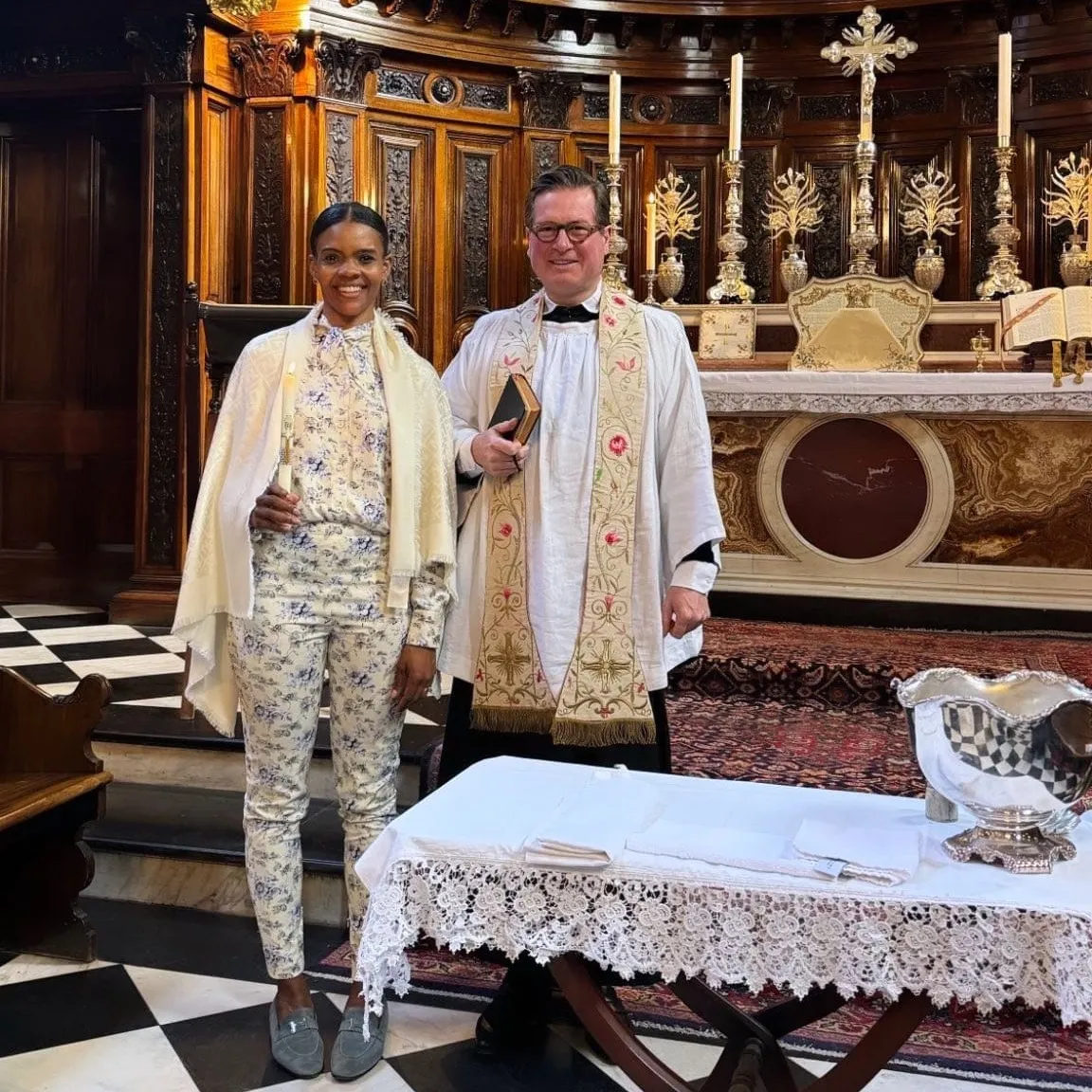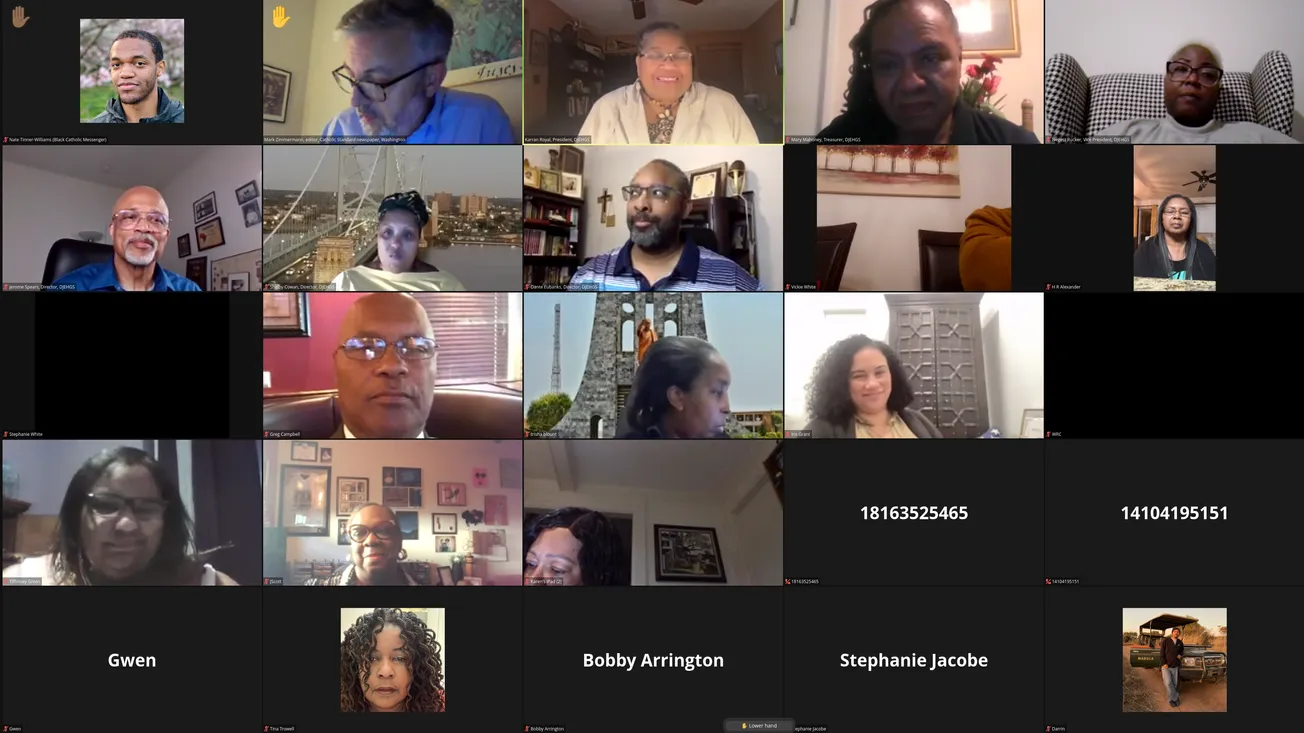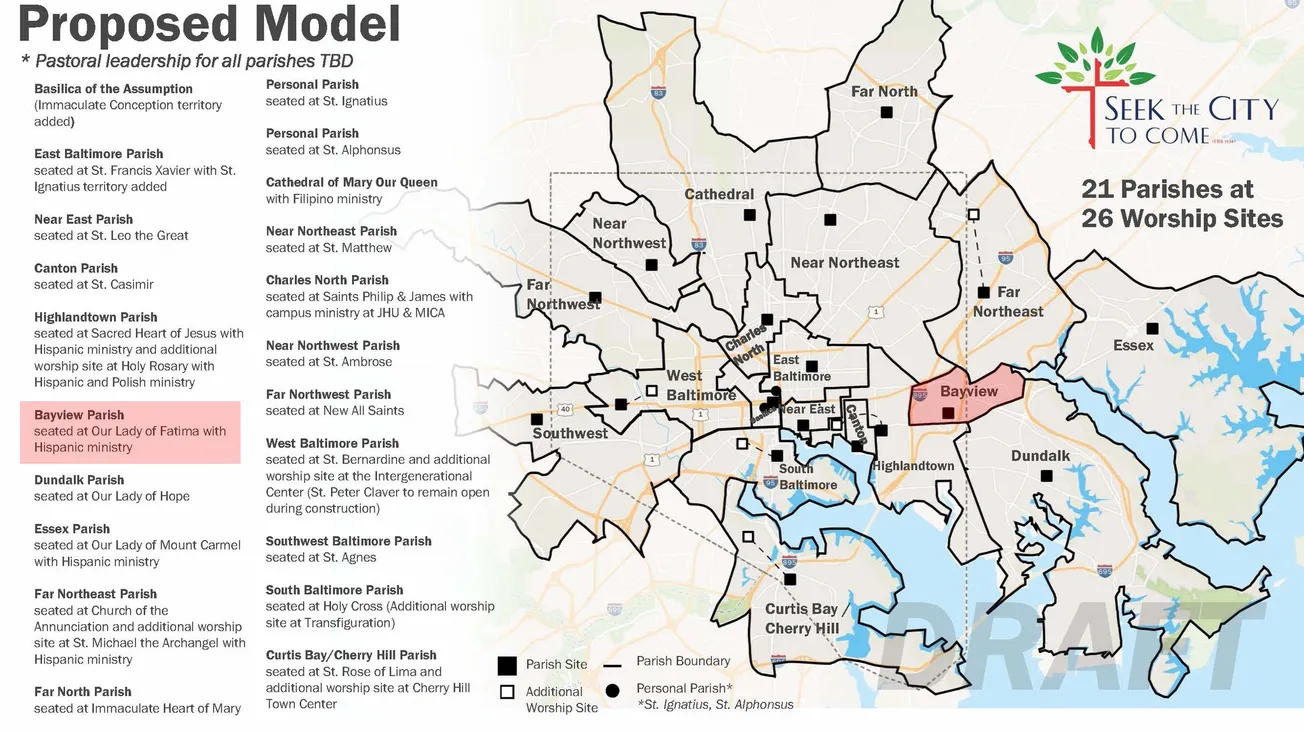Raoul Peck, the famed filmmaker who created “I Am Not Your Negro” from the writings of James Baldwin, is back with “Exterminate All The Brutes” for HBOMax.
It is an extension or adaptation of the book by the same name from author Sven Lindqvist, and lays out a powerful indictment of Western civilization, and its role in creating and promoting White Supremacy. Crucially, he directly address the practical consequences of operative White Supremacy: genocide.
Lindqvist’s work took as its titular inspiration a line from Joseph Conrad’s “Heart of Darkness”. Peck continues this inspiration in the series and refers to the book several times.
Peck is clearly passionately and personally involved in his subject, and he includes aspects of his life in the story he tells. Most relevant to this audience, he is Haitian, Black, and attended Jesuit elementary school.
As he explains in the second episode, he was subjected to beating as discipline by a priest at that school—an experience that destroyed his faith in the Church as an institution. He then also declares later in the series that he is especially suspicious of claims of authority made by religious institutions in general.
It appears that this suspicion may have affected his thesis of White Supremacy, something he traces to the Crusades, despite later acknowledging that when Columbus first arrived in the Caribbean, there was no concept of Whiteness. This particular aspect of his thesis is underdeveloped to the point of being underwhelming. It is a shame, since much of the series is very informative and convincing.
The injection of the Crusades as an objective root of White Supremacy is unsupported in the documentary, and ignores various complexities and realities surrounding the motivations of the participants and the history and geopolitics leading up to the Crusades. In other words, to get in a gratuitous swipe at the Crusades, Peck weakens the credibility of an otherwise powerful televisual essay.
What would have been more interesting—and more in line with Peck’s later narrative thrust—would have been a discussion on how the Crusades have been appropriated by White Supremacy and reinterpreted to support White Supremacist narratives.
A more interesting Catholic thread (which was not sufficiently pulled) was the idea he floated suggesting the Spanish Inquisition contributed the necessary intellectual foundation for White Supremacy. This point was intriguing and more convincing, given the role of the Spanish and Portuguese in starting the slave trade, and the proximity of the Inquisition to Columbus’s journey to the Caribbean.
Significantly, Peck draws a connection to the Inquisition creating a cloud of suspicion around Jewish and Moorish converts to Catholicism as compared to the “pure” Catholics who were of Roman and Iberian descent. In other words, the Inquisition in Spain started to lay the intellectual groundwork for believing that certain types of Catholics were less orthodox or pure, merely on the basis of race or blood. Here, one can see a closer relationship to the ideology of White Supremacy that would later develop that tied moral worth, including Christian orthodoxy, to racial identity. Sadly, this thesis is also only briefly mentioned and taken as a given, rather than developed in any meaningful way.
Despite these difficulties, there is a lot in Exterminate All The Brutes that works. And Peck leverages those aspects to maximum effect.
While the treatment of the United States and Europe of Africa is given a fair amount of screen time, including their cooperation in carving up the resources and people of the African continent in the Berlin Conference (1884 to 1885), the most powerful aspect of the series for the American audience is this thesis: that the United States is a colonial power and was founded as such for the purpose of colonizing and exterminating the colonized people in the Americas.
From Peck’s perspective, this includes, first and foremost, Native Americans, the descendents of enslaved Africans (forcibly trafficked for the purpose of exploitation), and Mexicans, who find themselves considered foreigners in territory that was once theirs.
In making this point, he directly counters a claim made by President Obama that despite its faults, the US is not a colonial power. Peck here is echoing Malcom X, who frequently referred to the US treatment of Black Americans as a kind of colonialism that needed redress in the United Nations. Martin Luther King also viewed the ghetto system as a kind of colonialism.
Peck explains in different ways how the creation of ghettos follows and models the use of reservations and Indian Territory by the United States to marginalize, exterminate, and replace Indigenous Americans. Interestingly, he spends little time connecting the reservation and ghetto system to Black American ghettos—though he does spend a good amount of time walking through the slave trade (both foreign and domestic).
His fundamental thesis subverts the dominant narrative that the United States and Europe were the primary agents in developing an international community based on human rights and freedom. Peck puts forth the plain facts showing a continued and sustained effort on their part to wipe out non-White people.
To adequately address the role of White Supremacy in United States and European policy would require a complete reassessment of the US and European role in the global community. Thus, according to Peck, an honest discussion of the role of White Supremacy is almost impossible, because the United States and Euprope continue to insist that they deserve to lead the global community because they have uniquely advanced and guaranteed human rights around the world.
But Peck also believes that the discussion is necessary, because otherwise we cannot make sense of our current reality. We are not entitled to alternative facts. Indeed, Peck and Linqvist believe we all know the facts. What we lack is the courage to understand what those facts mean. And despite the apparent impossibilities, we will not be able to build a peaceful and just global community without demanding that reality be embraced.
Indeed, Peck explains that it is the silences we choose to embrace that allows certain narratives to be possible. Narratives that hide the grotesque and destructive history of White Supremacy, the key feature of which is the willingness to eliminate people that are not White. Hence, the impossibility of addressing White Supremacy is overcome by not being silent about it.
Not surprisingly, but also appropriately, he highlights the silence about the Haitian Revolution in the narrative of revolutions fought for human freedom, as compared to the American and French revolutions. As Peck frames it, the Haitian revolution tested and found wanting the universal pretentions of the other revolutions, because the Americans and French attacked Haiti’s embrace of freedom for all—and only Haiti’s revolution actualized freedom for all and eliminated slavery.
Sadly, Peck engages in his own silence at this point, and fails to mention or consider the Catholic faith of the Haitians that informed their revolutionary ideas and embrace of complete human freedom.
At the culmination of the series, another Catholic makes an appearance: Servant of God Black Elk, a survivor of the Massacre at Wounded Knee. Again, his Catholic faith is silenced and not mentioned by the filmmaker. Yet, Black Elk’s words punctuate the thesis of the series, that the massacre did not just kill people, but killed a people’s dream.
It is this violent superiority complex—the kind that destroys not only lives, but the dreams and hopes that make life, community, and culture possible—that distorts reality and makes it impossible for communities to live with coherence and in peace.
Whether it is the myths of uninhabited land, discovery, alienation of Mexican people from their own lands, the universality of the American Revolution, or the minimization of the importance of slavery to the political and economic system of the US and Western world, Peck demolishes them all. And he does it with a masterful use of facts and visual narrative.
A key question he asks towards the end of the series is “When was American great?”—and if it was great, for whom? With these questions, he raises the most important point of the series, because the facts are not in dispute. The debate about the past is less about what happened and more about what it means for the present. We ultimately must be more concerned with the consequences of those realities in our lives today, of action needed to repair today.
As the Church debates internally whether it can be woke or not and seeks to understand its role in the US, what we are really asking is whether the status quo formed by the power politics of White Supremacy is fundamentally a fair one, or something that must be repaired.
While Peck may be guilty of remaining silent about the Catholicism of heroes fighting White Supremacy such as Black Elk and Toussaint Louverture, it is equally clear after watching “Exterminate All The Brutes” that many in the Church are criminally silent about the White Supremacy that was and is informing and motivating many American and European Catholics from the beginning of the Columbian exchange until now.
One must ask: what agendas and narratives are furthered by these silences and to what end?
When certain elements in the Church attack those addressing the systemic and sustained White Supremacy in the Church and ignore her members who fight it, when those same critics attack or question the orthodoxy and Christian zeal of those addressing the current and historic manifestation of White Supremacy—and its practical effects on the material and spiritual well-being of non-White people—we must ask, in the context of Church membership and the salvation of souls: are they also seeking to exterminate all the brutes?
Despite its flaws, Raoul Peck’s exploration of White Supremacy, and the ways it has protected White American and European self-understanding as they engaged in several forms of genocidal theft, oppression, and destruction, is a welcome and informative entry in the discussion we must have as a Church and a country.
If, that is, we are serious about living together in peace and justice.
Gunnar Gundersen is an attorney in Newport Beach, CA. He serves in his parish council and choir, is a published essayist, and regularly lectures on natural law and the American Founding. He is also the first Ordinariate member of the Knights of Peter Claver and is starting their first council in Orange County. Follow him on Twitter at @GBGundersen.
Want to donate? (You have options.)




